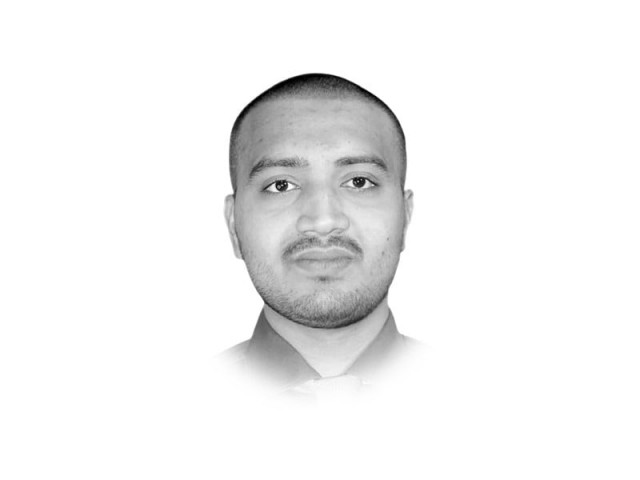Out of school children need urgent attention
The education system in Pakistan is not good enough to nurture the in-built treasure in children

Children are the foundation of any society. Full of ideas, thoughts, instinctive thinking and curiosity, children are the wealth of any society.
Unfortunately though, the education system in Pakistan is not good enough to nurture the in-built treasure in children by providing them with proper learning environment. A deeper research on the subject reveals that Pakistan ranks second in the world in terms of out-of-school children ratio wise. As many as 22.8 million children aged 5-10 are not attending school, representing 44% of the total population in this age group, according to Unicef.
In the province of Sindh, 15% of children, including a large number of girls, are out of school. In Punjab this figure stands at 14%. The situation is alarming because these two provinces of the country have the highest number of schools, colleges and universities. The worst in terms of educational neglect is Balochistan where 47% of children are out of school. This means nearly half of the children in this largest province of the country (area-wise) are deprived of education. More than 1,000 primary and secondary schools are temporarily non-functional in settled and merged districts of Balochistan, whereas 44 others have been permanently closed due to the threat of terrorism. The situation is Khyber-Pakhtunkhwa province is no different: one out of four children in the province are out of school. According to the results of a census survey carried out under the Benazir Income Support Programme (BISP) for the year 2021-2022, almost 4.7 million children aged five to 16 are out of school in K-P.
There are several reasons for this distressing state of affairs. Poverty is the first and foremost reason behind so many children in the country not attending school. According to World Bank, poverty rate in Pakistan stands at 37.2% ($3.65 /day) as of 2023. Parents in general cannot afford educational expenses including school fees, uniform, books, stationery, etc, which is why they don’t send their children to school. Also, children are a source of earning for poor families and are thus forced into manual labour.
Lack of proper infrastructure is also a big stumbling block in the context. School buildings not just in rural areas of the country but in urban centres also are in a dilapidated state, lacking basic facilities like furniture, toilet, drinking water, etc. There are even schools, in rural areas, where there are no buildings at all, and children have to study under the open sky.
Besides, child marriage and gender discrimination are among the factors that specifically hamper girls from attending or continuing school. Of the 54% children in the country having attained general education, 66.25% are male and 41.7% female, according to the Federal Ministry of Education figures of 2019. Such disparities exist across the different socioeconomic backgrounds. Many families are unable to send all their children to schools, so they prefer boys’ education to that of girls.
While the importance of education cannot be overemphasised, isn’t it a constitutional violation on the part of the government that a huge number of children in the country are out of school? This is just to remind our lawmakers that Article 25-A of the Constitution guarantees the right to free and compulsory education to all children in the age bracket of 5 to 16 years.
Published in The Express Tribune, February 28th, 2024.
Like Opinion & Editorial on Facebook, follow @ETOpEd on Twitter to receive all updates on all our daily pieces.













COMMENTS
Comments are moderated and generally will be posted if they are on-topic and not abusive.
For more information, please see our Comments FAQ